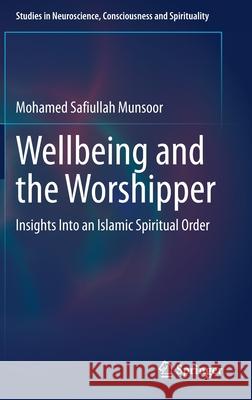Wellbeing and the Worshipper: Insights Into an Islamic Spiritual Order » książka
topmenu
Wellbeing and the Worshipper: Insights Into an Islamic Spiritual Order
ISBN-13: 9783030661304 / Angielski / Twarda / 2021 / 362 str.
Wellbeing and the Worshipper: Insights Into an Islamic Spiritual Order
ISBN-13: 9783030661304 / Angielski / Twarda / 2021 / 362 str.
cena 483,04
(netto: 460,04 VAT: 5%)
Najniższa cena z 30 dni: 462,63
(netto: 460,04 VAT: 5%)
Najniższa cena z 30 dni: 462,63
Termin realizacji zamówienia:
ok. 22 dni roboczych.
ok. 22 dni roboczych.
Darmowa dostawa!
Kategorie:
Kategorie BISAC:
Wydawca:
Springer
Seria wydawnicza:
Język:
Angielski
ISBN-13:
9783030661304
Rok wydania:
2021
Wydanie:
2021
Numer serii:
000435164
Ilość stron:
362
Waga:
0.69 kg
Wymiary:
23.39 x 15.6 x 2.24
Oprawa:
Twarda
Wolumenów:
01
Dodatkowe informacje:
Wydanie ilustrowane











